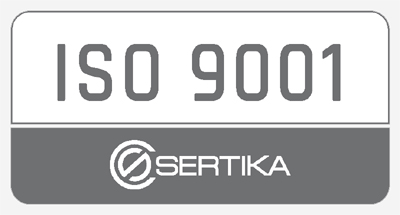The International Atomic Energy Agency (IAEA) has given a positive assessment of Lithuania's progress in the site selection process for a deep geological repository
2023

The Ministry of Energy of the Republic of Lithuania and the State Enterprise Ignalina Nuclear Power Plant (SE INPP) requested an evaluation by international IAEA experts of the process for the selection of potentially suitable sites for a deep geological repository. The experts assessed the adequacy of the deep repository siting process, including the deadlines, during the Integrated Review Mission (ARTEMIS) held from 17 to 25 July this year.
The assessment covered the methodology, quality, and content of the studies for each stage of the site selection process. Additionally, it evaluated the results of the initial site selection.
Based on the findings of the ARTEMIS mission, the IAEA published a final report on the review of the deep repository project in Lithuania.
The experts praised Lithuania for its early development and implementation of the deep repository programme. They also welcomed the country's initiative to start the site selection process on time and actively plan the next steps of the project. The IAEA's assessment indicates that the conduct of geological and socio-economic studies, as well as an overview of general safety criteria, during the initial phase of the siting process provides a good basis for moving on to the subsequent design phases of the repository.
Linas Baužis, Director General of the INPP, stated that the positive evaluation from international experts provides us with the confidence to proceed with our planned work and achieve our objectives.
"The conclusions and recommendations of the independent international experts in the deep repository project are crucial. The evaluation of the initial and overall process management of the project will enable effective planning and implementation of the subsequent stages of the project," said L. Baužys.
The final report by the IAEA includes recommendations and proposals to enhance Lithuania's process of selecting a deep repository site. One of the most significant recommendations is to involve the public in the early stages of deep repository siting.
Following the IAEA recommendations and our policy of transparent and open dialogue with the public, Ignalina NPP plans to hold a public consultation cycle next year. The aim is to educate and inform the public about the deep repository project in Lithuania and involve them in the decision-making process.
The expert assessment, public feedback, comments, and recommendations received during the public consultation will be used alongside each other to comprehensively assess potentially suitable sites for deep repository development.
The Deep Repository Project aims to provide a final disposal solution for spent fuel and other long-lived radioactive waste generated during the operation of the INPP. In Lithuania, the deep repository is planned to be built and commissioned in 2068. The construction of a deep repository is a long-term, complex, and challenging project. Currently, we are in the early stages of the project, with ongoing work primarily focused on identifying and investigating potential repository sites. This work, data analysis and synthesis will take place at least until 2038. The site for the deep geological repository is expected to be approved by 2047.
Associative image used for the headline (@IAE archive).

